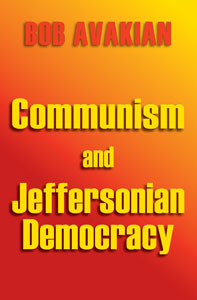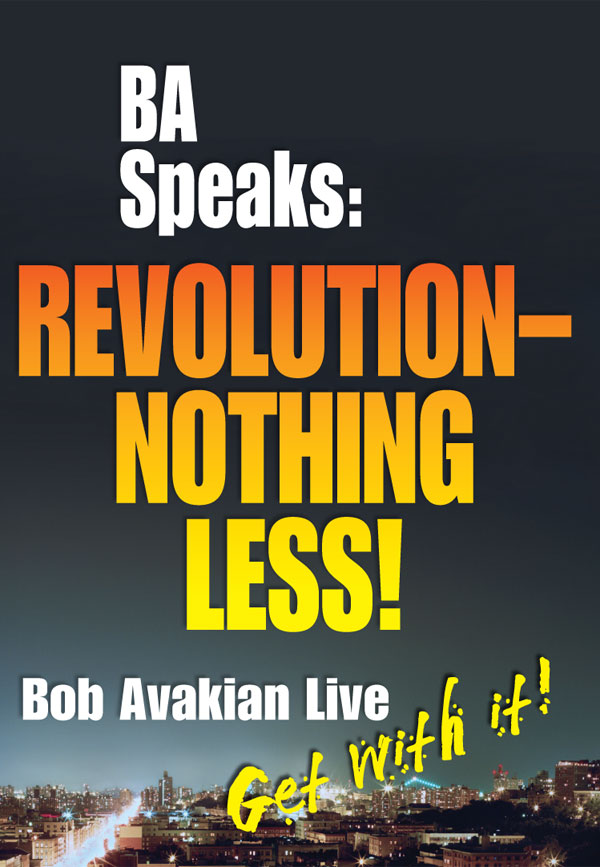The Whitewashed Reality Behind the Electoral College, Part II:
An Institution Still Enforcing White Supremacy
December 10, 2016 | Revolution Newspaper | revcom.us
Editor’s note: Donald Trump lost the popular vote for president by a margin of 2.5 million votes. But he won in the Electoral College. In “The Whitewashed Reality Behind the Electoral College: An Institution Set Up to Protect Slavery,” we exposed the origins of the Electoral College in slavery. In this follow-up article, we briefly explore how the Electoral College is an instrument in continuing to deny voting rights to Black (and other oppressed) people.
Outright slavery largely ended with the passage of the Thirteenth Amendment to the U.S. Constitution in 1865, immediately after the end of the Civil War. But in the years after the Civil War and the supposed equality it established, Black people were systematically denied the right to vote through all sorts of measures like poll taxes, literacy tests, and others—enforced through outright KKK terror. One result was a continued disproportionate influence, including in presidential elections, of Southern states where Black people formed a large proportion of the population but were prevented from participating in voting.
It was almost 100 years after the Civil War until the Civil Rights Act of 1964 and the Voting Rights Act of 1965 were passed. And that happened only after massive and courageous sacrifice by Black people in the South, and other people, Black and white—especially students—from around the country. Millions were outraged when, in 1964, for example, three civil rights activists—James Earl Chaney, Michael Schwerner, and Andrew Goodman—were murdered by white racist vigilantes working closely with police while attempting to register Black people to vote in Mississippi.
To some extent, these laws restricted discrimination based on race, color, religion, sex, or national origin, and ended the racist voter registration requirements that prevented millions of Black people from voting.
The Impact of the Electoral College Today
To the extent the Voting Rights Act made it possible for Black people to vote, those advances have been dramatically rolled back. In 2013, the U.S. Supreme Court basically stripped the Voting Rights Act of any real enforcement power (in Shelby County, Alabama v. Holder). An example of the impact: Shortly after the evisceration of the Voting Right Act, a “Voter ID” law went into effect in Alabama. It was intended to, and did, drive Black people off the voting rolls.
These Voter ID laws are based on lies that Black and Latino people vote illegally in massive numbers. Donald Trump froths at the mouth—utterly without evidence—about “millions of people who voted illegally” in the last election. In a lawsuit filed last year, the Alabama NAACP and Greater Birmingham Ministries documented that “voter fraud” claims—the transparent excuse for Voter ID laws—were totally bogus, with evidence that since the turn of the century, 22.4 million votes have been cast in Alabama with one “documented case where one Alabama voter sought to impersonate another.”
But what is true is that nationwide, 13 percent of African-Americans do not have photo IDs; five percent of white people do not have photo IDs (American National Elections Study, 2012).
The lawsuit says of the Voter ID law that “It is no accident that a disproportionate number of those disfranchised voters are African-American and Latino. Indeed, the photo ID law is simply the latest chapter in Alabama’s long and brutal history of intentional racial discrimination.” Coming before this election, the lawsuit predicted Alabama’s Voter ID law would disenfranchise more than 280,000 citizens in Alabama.
Southern states have increasingly kept Black people from voting by closing polling places. In the 2016 presidential election, in Louisiana, 61 percent of parishes (counties) reduced polling places. In a limited sample of Alabama counties, 67 percent closed polling places. In Texas, 53 percent of counties in a limited sample reduced voting locations (see “The Great Poll Closure” by the Leadership Conference Fund).
In America today, most states have laws that disenfranchise anyone convicted of a felony. Since Black people are disproportionally convicted of felonies, these laws unequally impact Black people--in fact, over two million Black people are barred from voting due to a past conviction. (One in 13 Black people has been disenfranchised in this way, the figure for white people is one in 54!)
* * *
In all these cases where Black people are prevented from voting, states maintain their allotted Electoral College votes, based on total population. And so today, as in slave days, Black people are “counted” in allotting Electoral College votes. But millions of them do not have the right to vote. And so—as was the case under slavery—the Electoral College remains an institution that serves to multiply the power of white voters in the South. Donald Trump lost the popular vote, but was elected president of the United States through an institution founded to protect slavery, and that today still serves to protect white supremacy. That’s not a legitimate election, and he’s not a legitimate president.
Volunteers Needed... for revcom.us and Revolution
If you like this article, subscribe, donate to and sustain Revolution newspaper.








